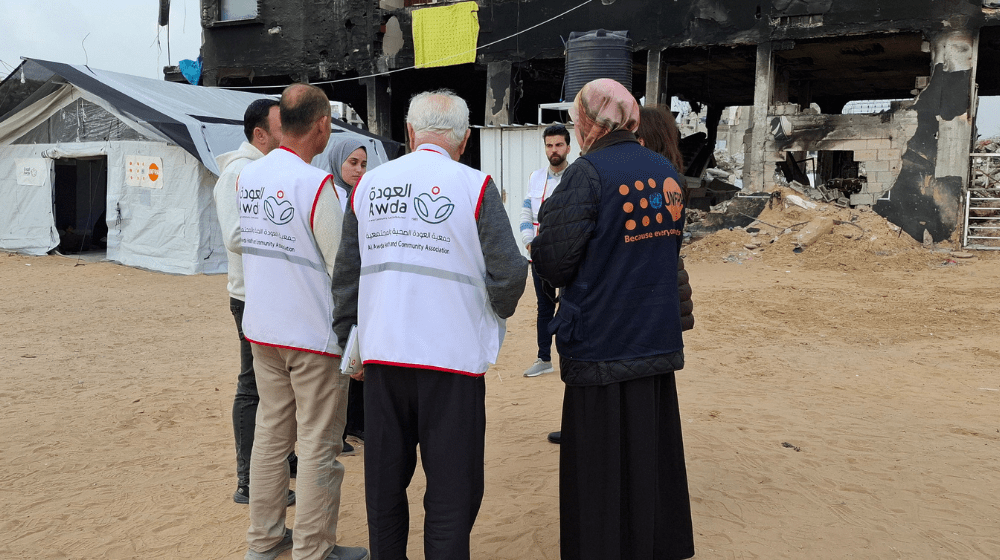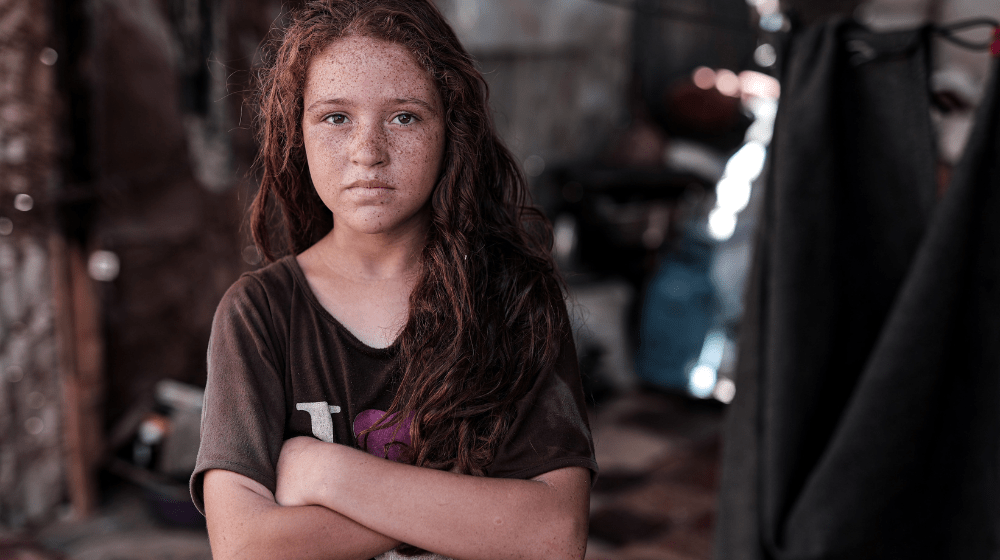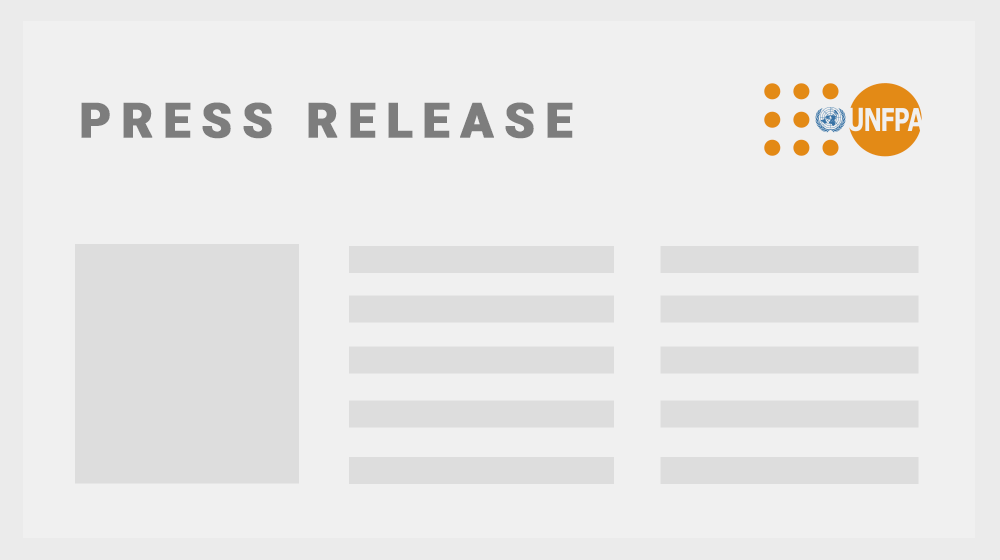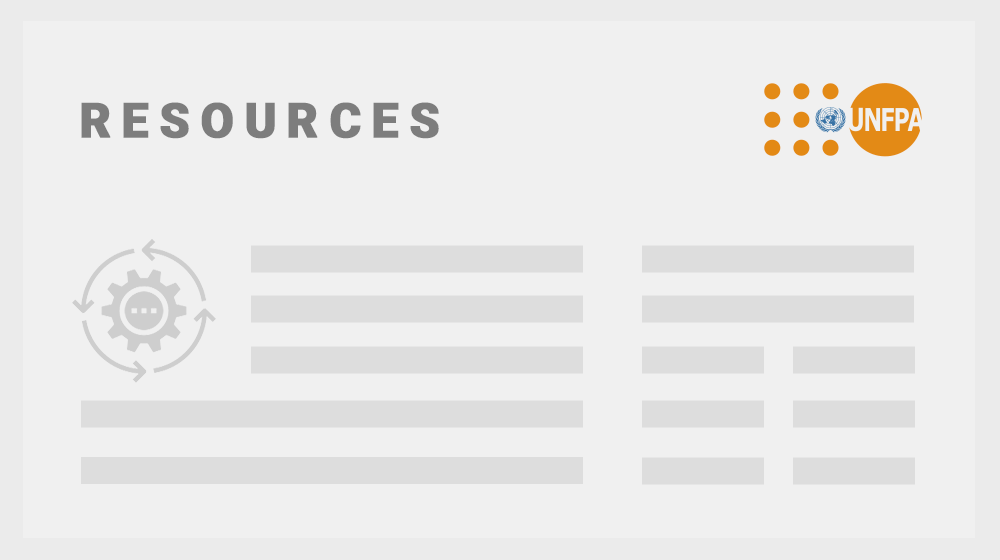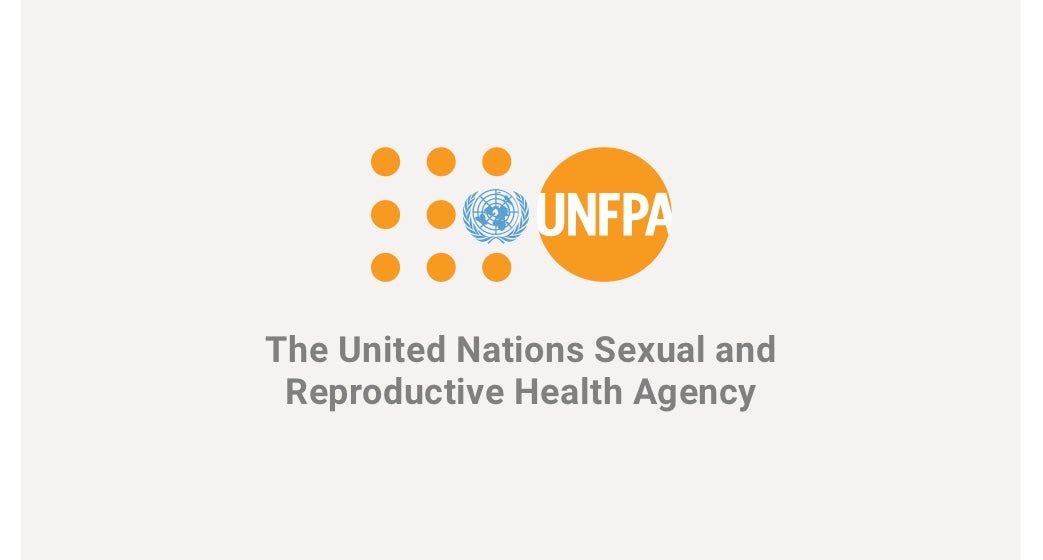Occupied Palestinian territory
Some 1 million women and girls, including an estimated 150,000 pregnant women and new mothers, are living without safety or adequate healthcare amid the devastation of war in Gaza.
After 17 months of war, fewer than half of Gaza’s 36 hospitals are still functioning, depriving women and girls of access to critical healthcare. They have lost homes and loved ones, and lack the very basics to survive – food, water, adequate shelter and protection from violence.
UNFPA’s immediate response in Gaza is focused on addressing life-saving needs. Supplies, including essential medicines for safe births, mothers and newborns, as well as hygiene items, tents, blankets and winter clothes crossed into Gaza during the ceasefire, which has since been broken, jeopardizing recovery and reconstruction efforts to build back health and protection services.
In the West Bank, curfews and longstanding and stepped-up movement restrictions have impacted people’s livelihoods and prevented them from reaching schools, work, family and health facilities – including the 73,000 women who are currently pregnant.
UNFPA-supported mobile clinics in the West Bank have reached displaced populations in Jenin and Tulkarm, providing medicines as well as sexual and reproductive health services, and UNFPA continues to support midwife services in primary healthcare centres.
Updated 19 March 2025

